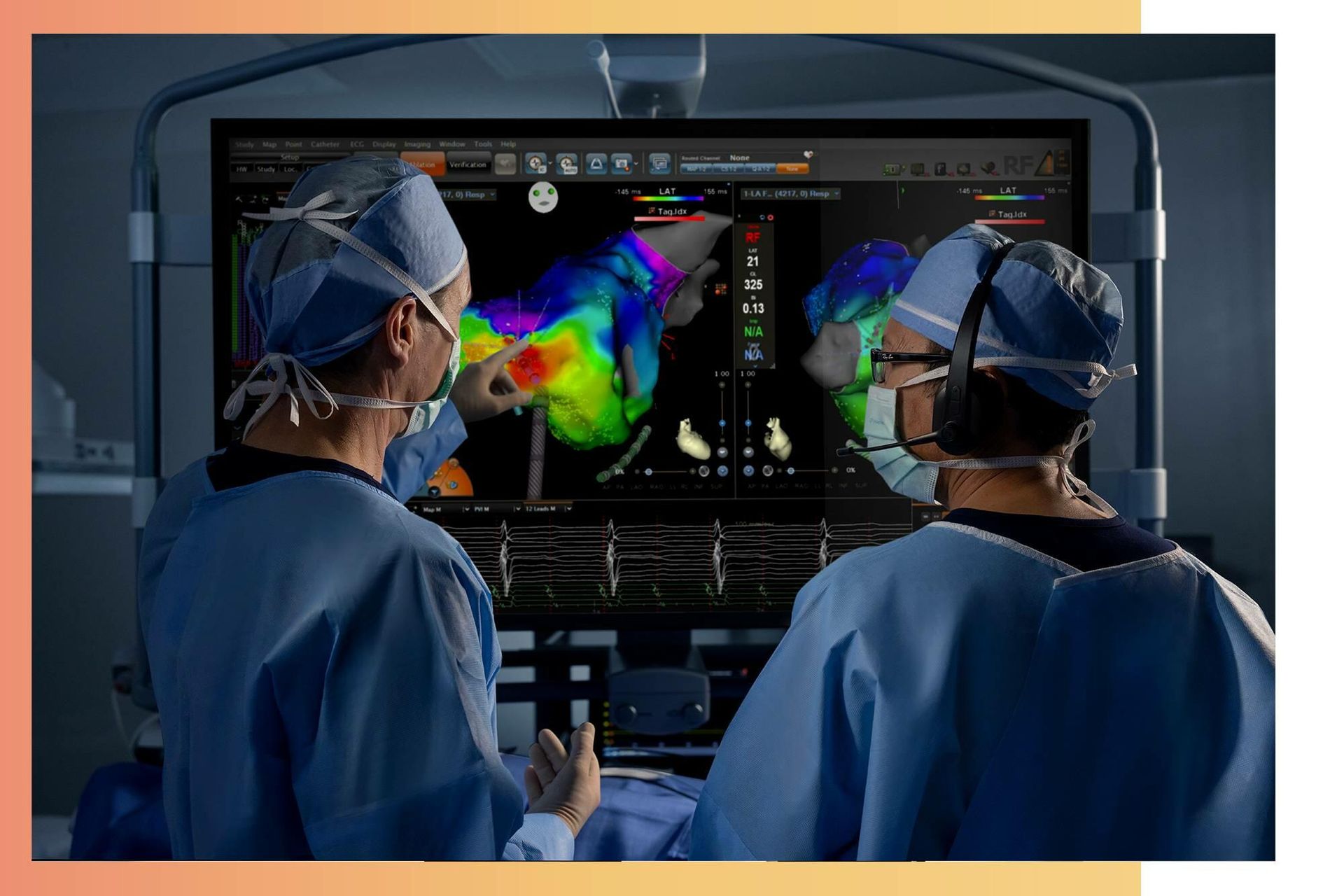Managing Stress and Burnout: A Practical Guide for Resident Medical Officers (RMOs)
Life as a Resident Medical Officer (RMO) can be incredibly fulfilling but, at the same time, comes with its fair share of challenges. The long hours, high-stress environment, and the pressure of making life-altering decisions can build up over time, leading to two of the medical profession's notorious pitfalls, stress and burnout. This article looks at practical ways RMOs can manage stress levels at work and avoid burnout, maintaining the balance which is key for continuing to provide outstanding patient care.
Understanding the Natural Stress Response
Chronic stress at work can have a negative and insidious impact on physical and mental health leading to impaired work performance and serious errors which can be highly detrimental to the career progress of an RMO. When you face a perceived threat, the hypothalamus, sets off an alarm system in the body through nerve and hormonal signals which prompt the adrenal glands to release a surge of hormones, such as adrenaline and cortisol.
Cortisol, the primary stress hormone, slows functions which would be nonessential or harmful in a fight or flight flight situation. It elevates blood glucose levels, enhances the brain's use of glucose and increases the availability of substances in the body which repair tissues. It changes immune system responses and suppresses the digestive system, the reproductive system and growth processes. This complex natural alarm system also communicates with the brain regions that control mood, motivation and fear. Adrenaline accelerates the heart beat, raises blood pressure and increases your energy.
When the Natural Stress Response Goes Wild
The body's stress response system is usually self-limiting. Once a perceived threat has passed, hormones return to typical levels. As adrenaline and cortisol levels drop, your heart rate and blood pressure return to typical levels and other systems go back to their regular activities.
But when stressors are persistent and you always feel under attack, that fight or flight reaction stays turned on. The long-term activation of the stress response system and excessive exposure to cortisol and other stress hormones can disrupt almost all of the body's normal processes and this impact can be identified in physical and mental health, behavior and if unresolved, eventually may lead to burnout.
Physical health
- Chronic stress can increase the risk of developing many health problems, including heart disease, high blood pressure, musculoskeletal disorders, headaches, muscle tension and pain and digestive problems.
- Stress can also worsen diabetes by increasing the likelihood of unhealthy behaviors like excessive drinking and poor eating.
Mental health
- Chronic stress can aggravate existing mental health problems or trigger new ones. Symptoms include insomnia, anxiety, depression, loss of concentration, loss of memory and focus and social withdrawal.
Behavioral changes
- Stress can lead to behavioral changes which reduce productivity, such as increased absenteeism, aggression, and mood swings.
Burnout
- Chronic stress can lead to burnout, a state of physical and emotional exhaustion.
Why you react to life stressors the way you do
Reaction to a potentially stressful event is highly variable and affected by such factors as:
- Genetics. The genes which control the stress response keep most people at a fairly steady emotional level, only sometimes priming the body for fight or flight. More active or less active stress responses may stem from slight differences in these genes.
- Life experiences. Strong stress reactions sometimes can be traced to traumatic events. People who were neglected or abused as children tend to be especially at risk of experiencing high stress. The same is true of airplane crash survivors, people in the military, police officers and firefighters, and people who have experienced violent crime.
Some RMOs can remain very relaxed in highly demanding or difficult conditions whilst other exhibit obvious signs of stress at normal workloads.
Take Practical Steps Towards Self-Care
Stressful events are an integral part of the working life of the RMO and you may not be able to change your current situation, even if you are working in a toxic culture with low morale and inadequate support. However, you can take steps to manage the impact these events have on you. You can learn to identify what causes you stress. And you can learn how to take care of yourself physically and emotionally in the face of stressful situations.
- Identify stressors: Different doctors are driven to overload by different elements of the job. Identifying these specific stressors can help you to successfully manage or even eliminate them.
- Recognise signs of stress: An increase in irritability, trouble sleeping, and persistent fatigue are reason enough to take a pause and reassess your mental health.
- Understand the Dangers of Chronic Stress: chronic stress can lead to burnout, a state of mental and physician exhaustion
Try these stress management tips:
- Exercise regularly: Including even a small amount of physical activity in your daily routine can help you manage stress levels more effectively. Relaxation exercises such as yoga, deep breathing, massage or meditation may be beneficial although strenuous exercise can induce deep sleep and relaxation.
- Eat healthily: Our diet has a profound effect on our moods and energy levels. Eating healthily can help keep your energy levels steady and your mind peaceful.
- Take time for yourself: Your "me-time" is important. Do things that make you happy and help you unwind, even if that simply means sleeping an extra hour.
- Build supportive relationships: Regularly spending time with people you are comfortable with can act as a powerful stress buster and seeking the advice of a career mentor who has followed a similar career path can offer much support and reassurance.
- Manage your time: Prioritise tasks and organise and focus on those which are urgent and essential.
- Avoid negative behaviors: avoid unhealthy ways of managing your stress, such as the use of alcohol, tobacco, drugs or excess food and seek prompt assistance if your use of these products has changed.
There are many rewards for learning to manage stress; have peace of mind, fewer stressors and less anxiety, a better quality of life, improvement in conditions such as high blood pressure, better self-control and focus, and better relationships. And your career as an RMO should become brighter.
Create a Healthy Work-Life Balance
There are many factors which can cause stress in the RMO role. These include:
- too many or conflicting demands placed upon your time
- poor working conditions with long hours and inadequate meal options
- little control over how and when work is done or decision making
- lack of support or encouragement from senior medical staff
- bullying and conflict at work, particularly if these are not managed well
- not having enough training or skills to do a job
- feeling unclear about roles and responsibilities
- low trust and not feeling able to speak up about concerns within the organisation
Whilst the resolution of some or even all of these issues is not feasible or practical, it is possible to reduce their impact by the following actions:
- Set boundaries: There might always be another patient to see or a paper to read, but you are not a machine. Understand that at times you must draw a line and take time out for activities outside of work.
- Know when to seek help: Asking for help does not make you weak. Reach out to your colleagues, a mentor, or a mental health professional if you need support.
As an RMO, stress management is not an option, but a necessary skill to be mastered and developed throughout your career.So, take that first step today towards a healthier mental and physical state. It can make all the difference to your career in medicine, and more importantly, to the quality of your life.
Do you have tips or stories to share about managing stress and burnout in the medical field? Leave a comment below and join the conversation today. Together, we can make our workplaces healthier and happier.
Useful Resources for RMOs
While you continue your job search, Odyssey Recruitment provides useful resources to keep your career moving in the right direction. Begin the application process now, and then learn more about how we can help you.
11 November 2024
Share this post on Social Media


















